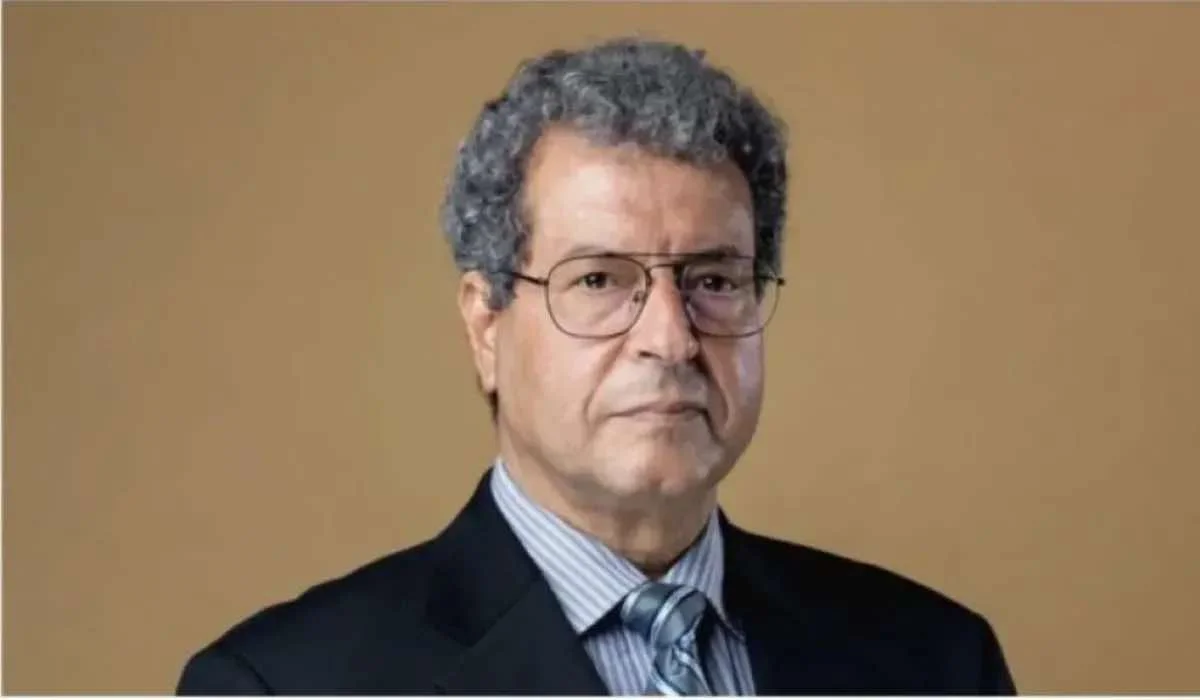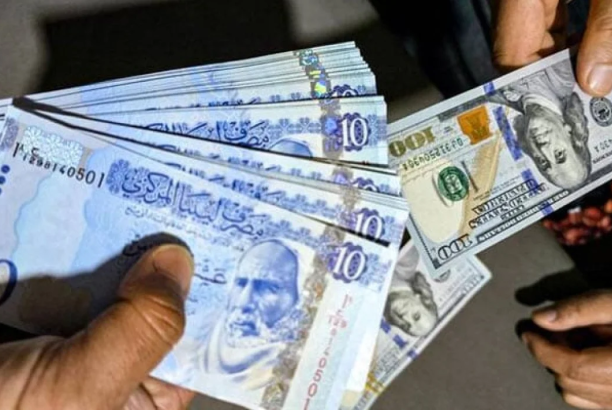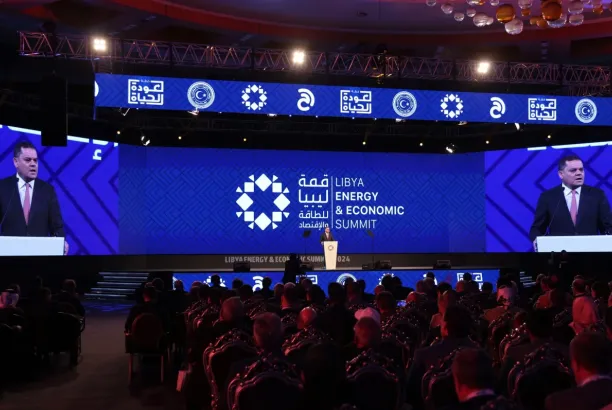
| Reports
Aoun to Radio France RFI: “Foreign Companies Will Suffer Catastrophic Consequences Due to an Illegitimate Oil Minister” – Here Are the Details
Today, Saturday, Radio France “RFI” conducted an interview with former Minister of Oil and Gas, Mohamed Aoun, who continues to fight to assert his legitimacy. His replacement, Khalifa Abdel-Sadiq, was immediately appointed in March 2024 by Prime Minister Abdul Hamid Dbeibah to manage the ministry’s ongoing affairs. It has now been about nine months since court rulings in Aoun’s favor were issued, and he is calling on the Prime Minister to either reinstate him or officially remove him.
Here are excerpts from the interview:
RFI: What is your current status? Does Prime Minister Abdul Hamid Dbeibah still refuse to reinstate you despite the Supreme Court ruling in your favor?
Aoun: Unfortunately, the Prime Minister has failed to implement three court rulings, in addition to a decision from the Administrative Oversight Authority issued in 2024. These rulings have not been enforced for about nine months, which is unprecedented in Libyan history. Laws and regulations have never been violated or mocked to this extent, and judicial decisions have never been ignored so blatantly.
RFI: Will you resort to legal measures again to reclaim your position?
Aoun: Yes, I will follow all legal procedures guaranteed by Libyan law. I also want to inform the current acting Minister of Oil and Gas and the Prime Minister that sooner or later, the consequences of these legal violations will be disastrous for them.
I take this opportunity to warn the heads of foreign companies partnering with the National Oil Corporation that they must pay attention to court rulings. Dealing with the appointed minister at this time is illegal, and these foreign companies will face consequences for their relations with an illegitimate oil minister.
RFI: The judiciary and the Administrative Oversight Authority cleared you of corruption allegations. This suggests that your removal from the Government of National Unity was due to disagreements with Prime Minister Abdul Hamid Dbeibah over oil exploration contracts, particularly in Ghadames. Is this what really happened?
Aoun: The question is very clear. Investing in the oil and gas sector requires approval from the Ministry of Oil and Gas.
Oil Law No. 25 of 1955 grants extensive powers to the Minister of Oil and Gas, and Law No. 24 of 1970, which established the National Oil Corporation, also outlines the minister’s powers.
This is the core of the dispute. These contracts should be discussed with the minister. Article 2 of the Oil Law states that the Minister of Oil must present any modifications or amendments to contracts to the government for approval, and this was not done properly.
RFI: Why did you personally oppose granting an Emirati company the rights to explore one of the largest oil fields in Ghadames? Was it due to non-compliance with legal conditions?
Aoun: We are not against foreign companies or foreign investments. We have no issues with any foreign company as long as it operates fairly, follows legal procedures, and complies with Libya’s applicable laws and regulations.
RFI: Who is behind the illicit trade of Libyan oil? Senior officials from both the east and west have been accused of involvement in smuggling operations.
Aoun: Personally, I cannot accuse anyone without solid evidence. However, suspicions about the smuggling of Libyan oil and fuel abroad are no secret. This issue has been highlighted in multiple reports, including those from the UN Panel of Experts on Libya and various countries. It has even been discussed in the UK House of Commons and covered by global media. I don’t think they would have raised this issue if they didn’t have evidence.
RFI: The National Oil Corporation is currently undergoing a series of audits on its expenditures over the past two years. Why is it so difficult to ensure transparency in its operations and the management of oil revenues?
Aoun: Since we took over the Ministry of Oil and Gas in 2021, the ministry has been unable to perform its role effectively—whether under the previous illegitimate head of the National Oil Corporation, Mustafa Sanalla, or his successor, Farhat Bengdara. Frankly, this situation has been enabled by the Prime Minister.
When we request reports and information, they refuse to provide them to the ministry. They are hesitant and insist on withholding the information we request. If the Ministry of Oil and Gas were allowed to carry out its full duties, this level of inconsistency and corruption would not exist.
RFI: Will Libya reach two million barrels per day by 2027, as announced?
Aoun: If the government does not adhere to existing laws and regulations and fails to appoint experienced, competent, and qualified individuals to manage the National Oil Corporation and other oil companies, then personally, with this current approach, I do not believe they will achieve the numbers they claim.





